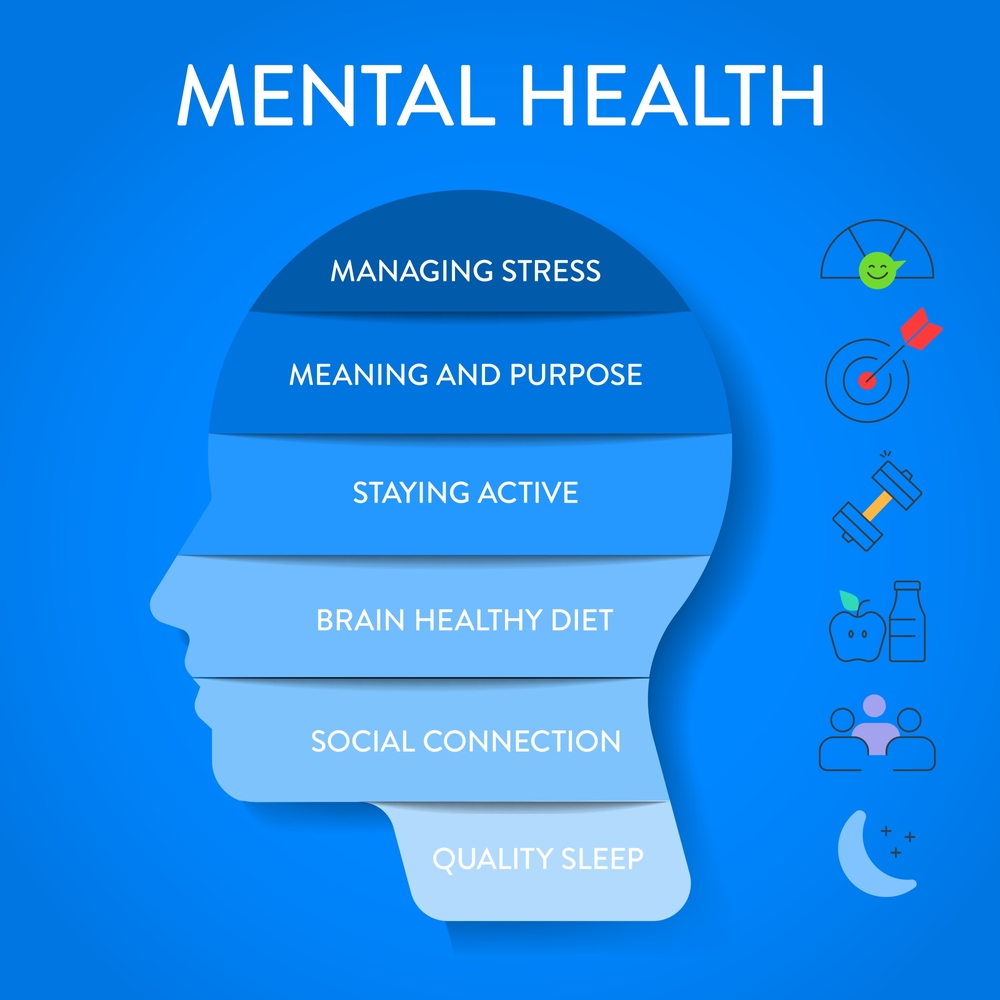How to Build a Strong Immune System for Better Health
Introduction
Imagine if your body had its own superhero team, always ready to protect you from germs, bacteria, and viruses. The good news is, you do have such a team—it’s called your immune system! Your immune system works every day to keep you healthy. But just like any team, it works best when it’s strong and well-supported.
In this guide, we’ll learn about the immune system, what makes it strong, and how you can keep it ready to fight off sickness. By following these simple steps, you can build a stronger immune system and feel healthier and happier every day.
What is the Immune System?
The immune system is like a superhero team in your body. It includes special cells, tissues, and organs that work together to protect you from harmful germs, like bacteria and viruses. When something that doesn’t belong enters your body—like a virus—the immune system quickly identifies it as a “bad guy.” It then sends out “fighter” cells to attack and destroy the invader.
Here’s a quick look at some of the immune system’s superhero members:
- White Blood Cells: These are the main fighters. They move through your body, looking for germs to attack.
- Antibodies: Think of antibodies as tiny “targeters.” They help the immune system recognize germs and remember them, so they can fight them faster next time.
- Lymph Nodes: These small, bean-shaped structures store immune cells and help filter out harmful substances.
When your immune system is strong, it can protect you from getting sick easily. But if it’s weak, you might get colds or infections more often. So, how can we help our immune system become as strong as possible? Let’s find out!

Steps to Build a Strong Immune System
1. Eating Healthy Foods
Food is fuel, not just for your energy, but also for your immune system! Eating a balanced diet is one of the best ways to help your immune system stay strong.
- Eat Fruits and Vegetables: Fruits and veggies are packed with vitamins and minerals that your immune system loves. Try to eat a variety, like oranges (for vitamin C), carrots (for vitamin A), and spinach (for iron). Vitamin C is especially helpful for your immune system because it helps create white blood cells that fight infections.
- Include Protein: Protein helps build and repair cells, including immune cells. Foods like eggs, chicken, beans, and nuts are full of protein.
- Add Some “Good” Fats: Not all fats are bad! Healthy fats, like those in avocados and olive oil, help the immune system stay balanced and ready to fight germs.
Eating well doesn’t mean you can’t have treats, but try to balance those with plenty of nutritious foods that help keep your immune system strong.
2. Staying Active and Exercising
Exercise isn’t just good for muscles and bones—it’s also great for your immune system! Here’s how:
- Boosts Blood Flow: Exercise helps blood flow through your body more easily, which means immune cells can get to where they’re needed faster.
- Reduces Stress Hormones: Exercise helps reduce stress hormones in your body. High levels of stress hormones can weaken the immune system, so exercising can keep it strong.
- Improves Immune Cell Function: Exercise actually helps the immune cells work better and find germs faster.
Aim to get at least 30 minutes of activity most days. This could be as simple as going for a walk, dancing, playing sports, or riding your bike. Staying active is fun and can make you feel energized while helping your immune system!

3. Getting Good Sleep Every Night
Sleep is like a power-up for your body, giving it time to repair and recharge. When you’re asleep, your body produces immune cells that help fight off infections and keep you healthy.
- Get 8-10 Hours of Sleep: Most kids and teens need 8-10 hours of sleep each night. This gives your body enough time to build up energy and produce immune cells.
- Stick to a Sleep Schedule: Try to go to bed and wake up at the same time every day. This helps your body get into a good routine, making it easier to fall asleep and wake up.
- Avoid Screens Before Bed: Looking at screens before bed can make it hard to fall asleep. Try reading a book, listening to calming music, or doing some gentle stretches instead.
Getting good sleep every night helps your body stay alert and ready to fight off any germs that come your way.
4. Managing Stress to Stay Healthy
When we’re stressed, our body releases a hormone called cortisol. A little cortisol is okay, but too much for too long can weaken the immune system.
- Practice Relaxation Activities: Activities like deep breathing, meditation, and yoga can help you relax and lower stress levels.
- Take Breaks When Needed: It’s easy to feel stressed with school, sports, and other activities, so remember to take short breaks to reset and recharge.
- Spend Time with Family and Friends: Hanging out with people you enjoy being around can boost your mood and reduce stress, which also helps your immune system.
Keeping stress levels low helps the immune system stay strong and ready to protect you.

5. Drinking Lots of Water
Staying hydrated is super important for every part of your body, including the immune system. Water helps carry nutrients to your cells, flush out waste, and keep everything running smoothly.
- Aim for 6-8 Glasses of Water a Day: Try to drink water throughout the day. If you’re active or it’s hot outside, you might need more.
- Avoid Sugary Drinks: Drinks like soda and energy drinks have a lot of sugar, which can weaken the immune system. Choose water, natural fruit juices, or herbal teas instead.
- Eat Hydrating Foods: Some foods, like cucumbers, oranges, and watermelon, have a lot of water in them and can help keep you hydrated.
Drinking enough water every day helps the immune system function better, so keep a water bottle with you and drink up!
6. Avoiding Bad Habits Like Smoking and Too Much Sugar
Certain habits can weaken the immune system. Avoiding these habits helps keep your immune system healthy and strong.
- Say No to Smoking: Smoking can damage the immune cells and the respiratory system, making it harder for your body to fight off infections.
- Limit Sugary Snacks: While a little sugar is okay, too much can affect the immune system. Eating too much sugar can reduce the number of cells that fight germs, making you more vulnerable to getting sick.
Instead, stick to healthier habits that support your immune system and overall health.
Fun Ways to Support Your Immune System
Building a strong immune system doesn’t have to be boring! Here are some fun ideas to keep your immune system in top shape:
- Try New Healthy Recipes: Make fruit smoothies, vegetable stir-fries, or homemade soups packed with immune-boosting ingredients.
- Go for Nature Walks: Being outside in the fresh air and sunshine is good for your immune system. Sunshine helps your body make vitamin D, which is essential for immune health.
- Play Sports with Friends: Sports like soccer, basketball, or swimming are not only fun but also help keep your body active and your immune system strong.
- Grow Your Own Herbs or Vegetables: Growing plants like basil, spinach, or tomatoes at home is fun and gives you fresh, nutritious food to add to your meals.
FAQs
- What foods are best for a strong immune system?
- Foods like oranges, carrots, spinach, and almonds are great for the immune system. They’re packed with vitamins that help your immune cells stay strong.
- Does exercise really help boost the immune system?
- Yes! Exercise improves blood flow and reduces stress, both of which support the immune system and help it fight off germs.
- How does stress affect the immune system?
- Stress can weaken the immune system by increasing cortisol levels. Too much cortisol can make it harder for your body to fight off germs.
- Why is water important for the immune system?
- Water helps carry nutrients to cells and flush out waste, making it easier for your immune system to work well.
- How much sleep should I get to keep my immune system strong?
- Most teens need 8-10 hours of sleep each night to keep their immune systems healthy.
Conclusion
Building a strong immune system doesn’t have to be complicated. By eating healthy, staying active, getting good sleep, managing stress, drinking water, and avoiding bad habits, you can keep your immune system strong and ready to fight off any germs. These small daily actions make a big difference over time. Try adding one or two of these habits into your life, and see how you feel. A strong immune system means a healthier, happier you!



